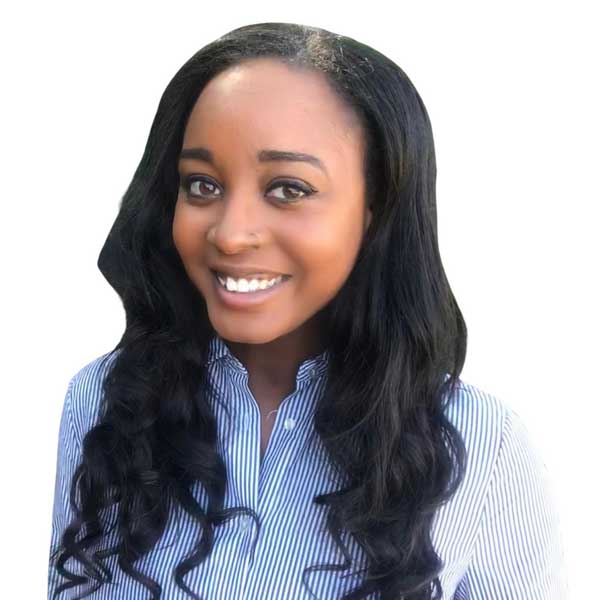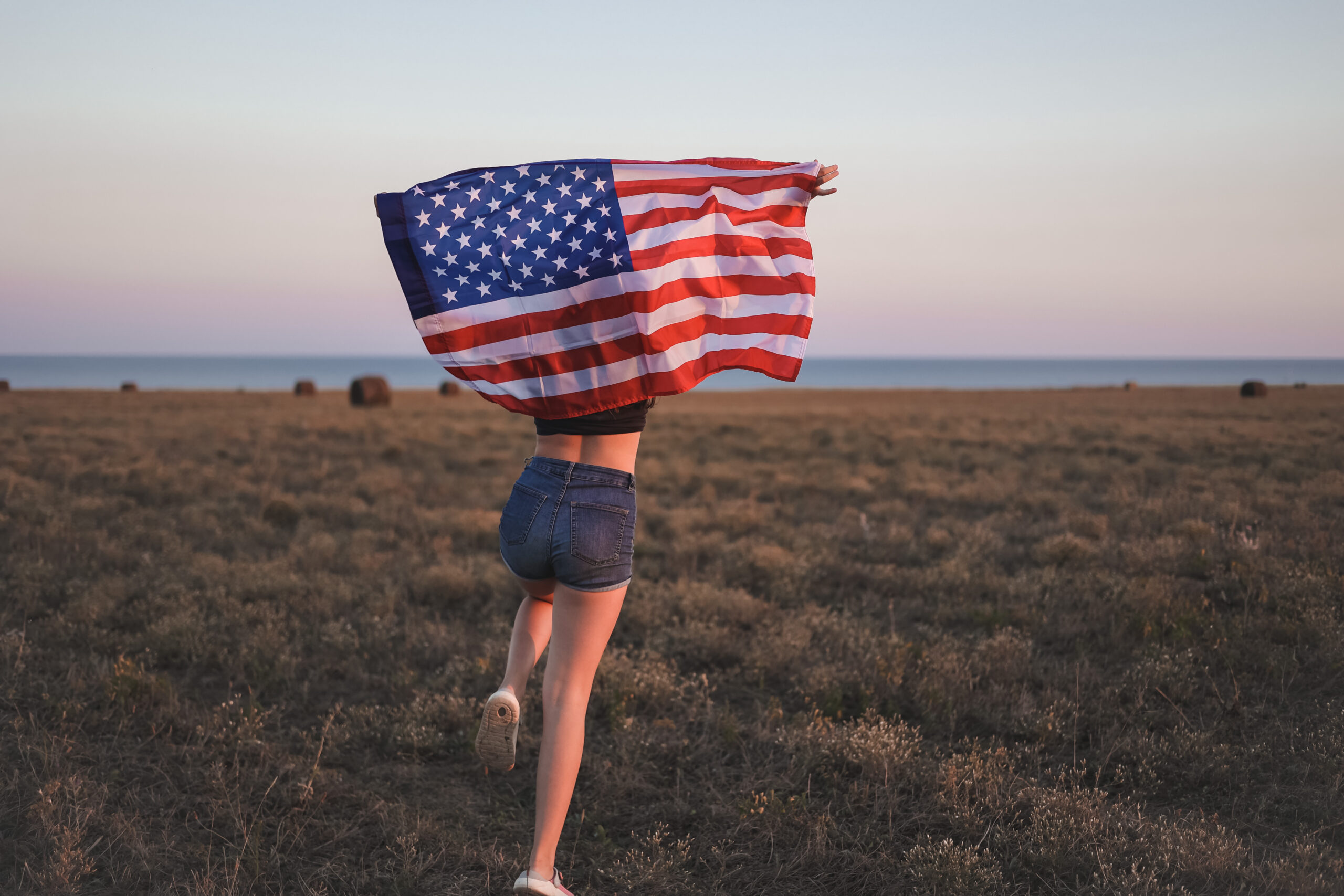By Mecca Fowler
Editor’s note: The opinions expressed here are those of the authors. View more opinion on ScoonTV.
Diversity and inclusion efforts have ramped up in the last decade within the United States as we gain more visibility into social injustices. Many of these efforts have been in good faith to promote a more fair and tolerant culture within workplaces, academic institutions, and society. To promote this virtue, some institutions have created “safe spaces” which are intended to be a conflict-free zone for minorities to express themselves without prejudice or “hate.” But now that it’s been a couple of years to witness their effects, it’s clear they do more harm than good.
A “safe space,” which is commonly found at liberal institutions, is “a place where anyone can relax and be able to fully express, without fear of being made to feel uncomfortable, unwelcome, or unsafe on account of biological sex, race/ethnicity, sexual orientation, gender identity or expression, cultural background, religious affiliation, age, or physical or mental ability, according to Montclair University.
However, there has been a downside to this progress. As a society, it seems that we have gone too far and overcorrected by using “safe spaces” as a way to shield minorities from any criticism. There are several reasons why safe spaces are more of a problem than a solution.
First, safe spaces are popular on college campuses and universities where the demographic is normally young adults. For many, this is their first time being on their own to navigate difficult situations without the immediate help of their parents. However, utilizing safe spaces can infantilize young adults by enabling them to retreat from engaging in activities and conversations that they don’t like. Shielding people by using safe spaces prevents us from psychologically and intellectually developing and adapting when faced with challenges.
“‘Safe’ spaces let us hide in our comfortable, little existence, which is dangerous because they prevent us from growing and changing when faced with adversity—creating new neural networks and adapting,” professor Elizabeth Swan, Ph.D., wrote for Psychology Today. “And the ability to do just those things is what’s kept us alive as a species. The fittest in the competition for survival are those that can adapt to face challenges and overcome them”
If we do not face challenges in our life as practice, we will surely falter when huge life moments that disturb us happen. Tiptoeing around things that make us uncomfortable will be detrimental in the long run. It is common sense that we should push people to grow beyond their comfort.
Another reason safe spaces are not a great idea is that they reinforce victimhood among minorities. James Sidanius, a Harvard University professor of psychology and African American Studies, authored an interesting paper in 2004 called, “Ethnic Enclaves and the Dynamics of Social Identity on the College Campus: The Good, the Bad, and the Ugly.” In this paper, Sidanius studied the impact of belonging to “ethnic organizations,” also referred to as “ethnic enclaves” within academic institutions. These include minority associations and organizations such as fraternities and sororities, similar to some of today’s safe space organizations.
His study found that members of such ethnic organizations experienced “an increased sense of ethnic victimization and a decreased sense of common identity and social inclusiveness.” In short, the more inundated people became in their echo chambers of oppression, the more they found that others agreed with them and their perspectives. Because they were insulated into their own ideologies without much opposition, they were more inclined to believe that they were victims of opposing ideologies.
Lastly, safe spaces are damaging to political and civic discourse. This is because it shelters people with like-minded views into the same spaces and disallows people with opposing or “offensive” views to participate in academic discussions. If this logic extended beyond universities, we’d essentially shut off half of the country’s political opinions or beliefs. Safe spaces stifle intellectual diversity by silencing views that are not popular or don’t conform to the status quo.
If two opposing sides of an ideology cannot have a civil discourse because one side is completely shut out of the conversation, we will not get anywhere as a country. This effect is called “affective polarization” by political scientists and it poses a problem for our country.
“As each side increasingly demonizes the other, compromise becomes more difficult. A recent study shows that implicit or unconscious biases are now at least as strong across political parties as they are across races,” wrote Greg Lukianoff and Jonathan Haidt, authors of “The Coddling of the American Mind.”
In conclusion, differing perspectives, ideologies, and walks of life will always exist. No one safe space, bubble, or whatever term you use can ever account for the vast number of differences in people. Having conversations and engaging with folks we strongly disagree with is necessary if we want to make a difference in this country. By secluding ourselves into our own ideas, cultures, religions, and political allegiances, we run the risk of further separating the nation.
Subscribe to get early access to podcasts, events, and more!





